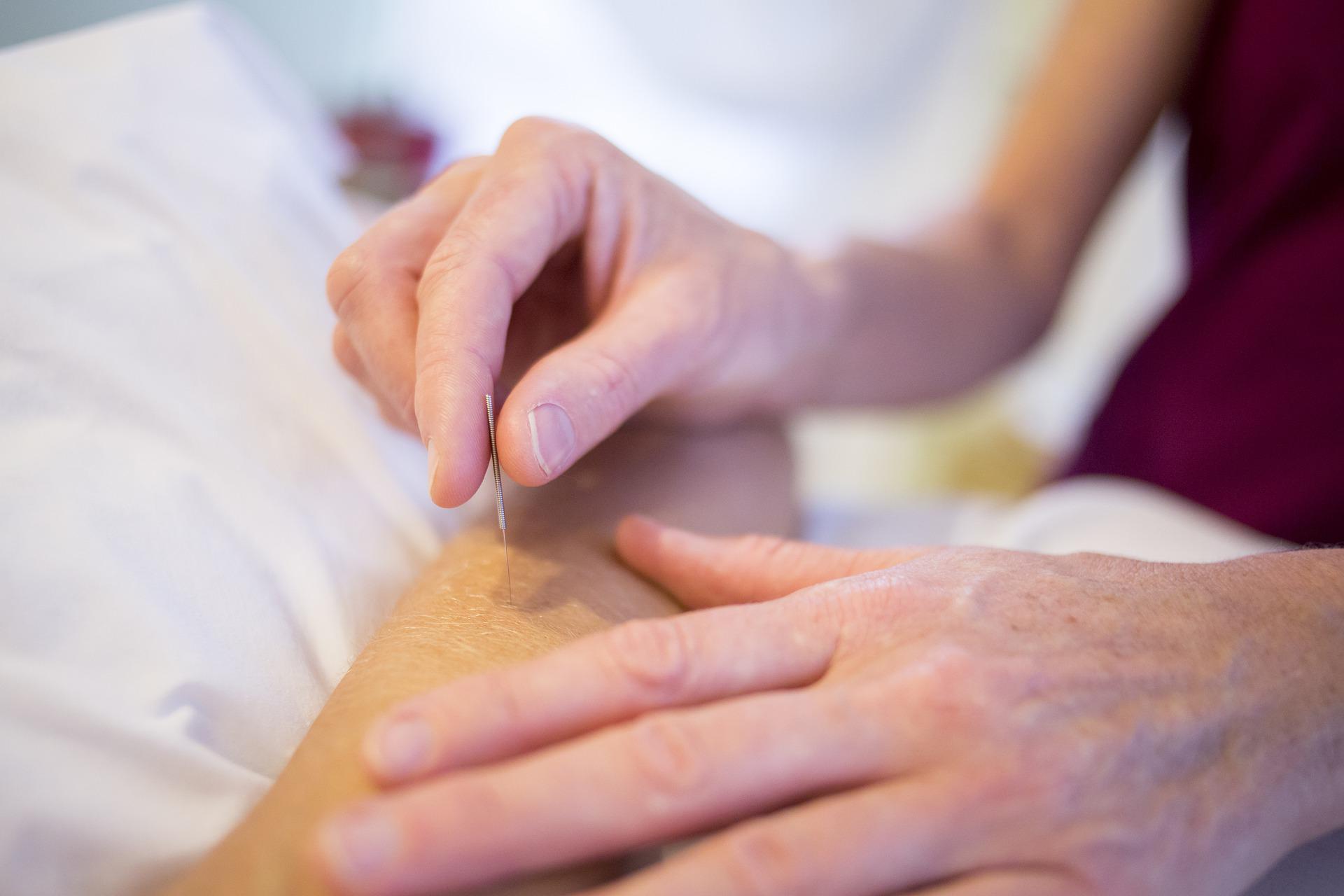As a dry needling practitioner, a common question you might receive from patients is what to expect after treatment. Unfortunately, it is very common to experience post-needling soreness (a similar feeling to DOMS), but how long can patients expect to experience this? In this article, we explore post-needling soreness, including how long it lasts, and what patients can do to both minimise soreness and maximise results.
So, how long are you sore after dry needling? Post-needling soreness typically lasts for up to 72 hours after treatment, although not all patients experience soreness. The intensity can vary based on the area of the body treated, and personal tolerance levels.
Read on to learn more about post-needling soreness, and what patients can expect after treatment.
How Long Do You Feel Sore After Dry Needling?
Many patients experience soreness after a dry needling treatment, particularly if it is their first treatment, or if deep needling techniques were used. Post-needling soreness is generally regarded as a minor complication of the treatment, and is usually nothing to worry about. Depending on the severity of the soreness, patients may experience soreness from a few hours after treatment to up to 72 hours post-treatment (1, 2).
That being said, not all patients will experience post-needling soreness, and the level of soreness may vary depending on the area of the body treated.
Despite post-needling soreness not being a major concern for health professionals, it can be distressing and functionally debilitating to patients with higher levels of soreness, or low pain tolerance. As such, dry needling may have longer lasting consequences than 72 hour post-needling soreness. A study on the topic explains that this, alongside weak results after initial treatment, could result in patients abandoning treatment, therefore never receiving its potential benefits, remaining in pain from trigger points, and forming a negative association with the treatment (1).
Is it Normal to Be Sore After Dry Needling?
It is completely normal, and very common to experience post-needling soreness after treatment, particularly if deep needing techniques were used (1). For some patients, soreness will present just a few hours after treatment, whilst for others it can take up to 24 hours, lasting as long as 72 hours in some cases. However, if post-needling soreness lasts longer than 72 hours, it is advised that patients contact their practitioner for advice (2).
Why Do You Feel Sore After Dry Needling?
It is thought that post-needling soreness is a result of neuromuscular damage caused by the needle, as well as the body’s hemorrhagic and inflammatory response to the procedure (1).
Experts describe the pain as being similar to that experienced after a sports massage, or after intense exercise (2). In both cases, the muscles are somewhat damaged, resulting in pain or discomfort for a couple of days whilst the muscles repair themselves, similar to what is explained above with dry needling.
What to Expect After Dry Needling
It is clear that most dry needling patients will experience some degree of post-needling soreness alongside the benefits gained from the treatment, such as tension relief and improved motion.
However, there’s a few things that patients can do to minimise post-needling soreness, and maximise their overall outcome (3, 4, 5).
What Should You Do After Dry Needling?
The below actions are thought to help patients both reduce post-needling soreness, and maximise their potential results.
- Keep hydrated, and drink extra water
- Rest
- Try to get a good night’s sleep
- Light exercise, such as walking and gentle stretching
- Massage the area
- Use heat for relief from soreness
What Should You Avoid After Dry Needling?
The below actions may negatively affect patients’ outcomes, and could increase the soreness experienced post-treatment.
- Unfamiliar or strenuous exercise
- Over stretching
- Excessive alcohol intake
- Using ice as relief from soreness
Final Thoughts
Post-needling soreness is a mild and minor side effect of dry needling for most patients. It typically begins several hours after treatment, lasting up to 72 hours. The feeling experienced is described as being similar to that of DOMS, and can vary in intensity depending on the area of the body treated, and personal pain tolerance levels.
However, dry needling is a widely regarded treatment for trigger points and muscular tension and , like with exercise or sports massage, the benefits generally outweigh post-needling soreness.
Learn more about dry needling in our recent blogs, How Does Dry Needling Release Trigger Points?, How Does Dry Needling Get Rid of Knots?, How Long Does it Take Dry Needling to Work?, and What’s the Difference Between Dry Needling and Trigger Point Injections?.
If you’re a healthcare professional interested in offering dry needling as part of your practice, Breeze Academy can help to get you on your way with our foundation level dry needling courses. Our courses contain everything you need to learn how to safely, effectively, and confidently practice dry needling, including recognised qualifications. What’s more, our courses are available in all major cities across the UK.
Learn more about our dry needling courses online today, or get in touch with us for more information.
Sources
- Post-Needling Soreness After Myofascial Trigger Point Dry Needling: Current Status and Future Research
- University Health Center - University of Georgia - Dry Needling
- Very Well Health - What is Dry Needling?
- Ortho Bethesda - How Will I Feel After A Session of Dry Needling?
- Meridian Health Clinic - What to Expect After a Dry Needling Treatment
